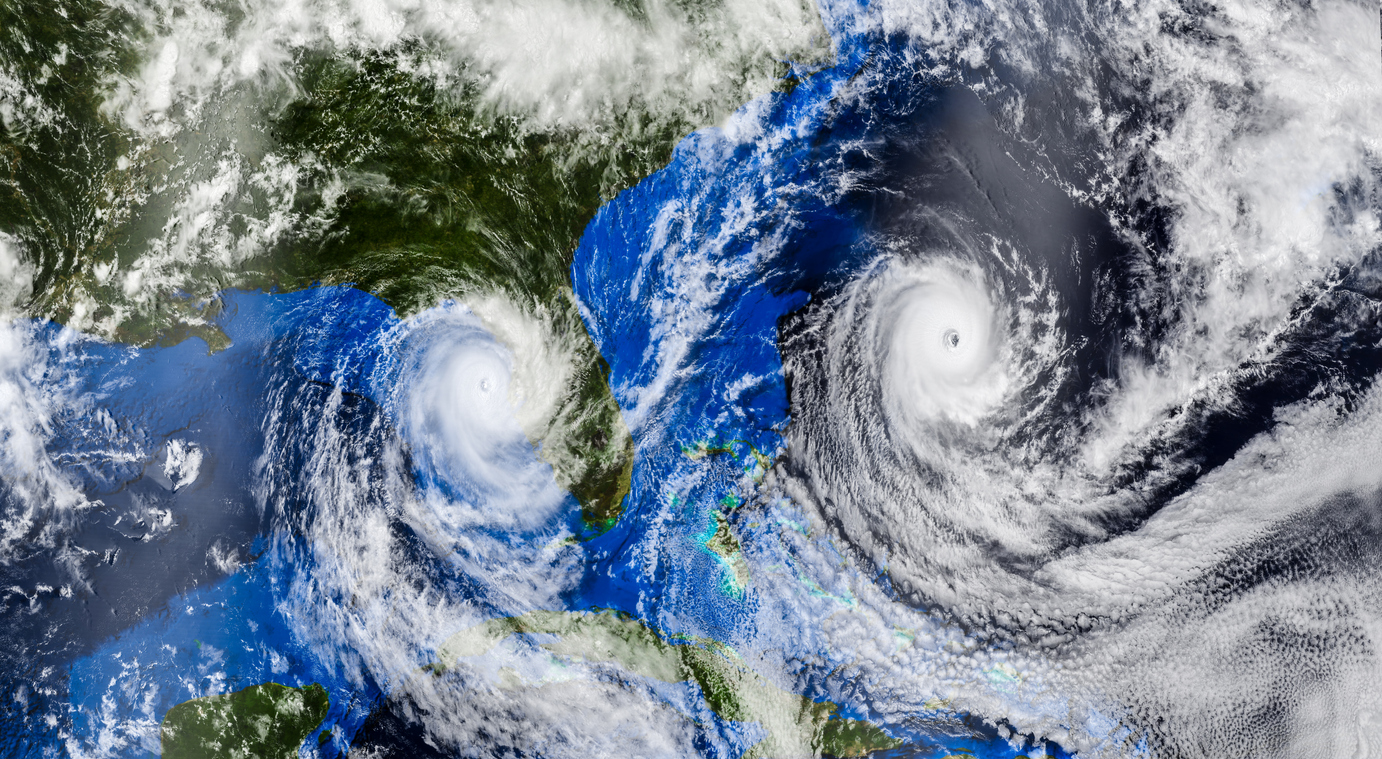Deductibles are an unavoidable part of residential insurance policies. Florida case law defines a “deductible” as “a clause in an insurance policy that relieves the insurer of responsibility for an initial specified loss of the kind insured against.”1 Following a loss, a policyholder must first take on the financial responsibility of the deductible before the insurance company becomes liable.
Under most residential insurance policies, there are two deductibles; one is for hurricanes losses and the other for losses due to “other perils.” Generally, the hurricane deductible is the larger of the two. Therefore, compared to other types of losses, when a hurricane damages a home, the policyholder must assume more financial responsibility before an insurance company becomes liable.
In 2004, Florida experienced one of its most destructive hurricane seasons; four major hurricanes struck the state within six weeks. Following the 2004 hurricane season, the Florida legislature found that “the four hurricanes striking Florida in 2004 resulted in at least 30,000 residential property insurance policyholders experiencing damage from two or more hurricanes for which insurers have applied the hurricane deductible to each hurricane claim. The fact that policyholders have separate hurricane deductibles can result in significant out-of-pocket expense and financial hardship to policyholders.”2
The Florida legislature created a caveat for hurricane claims commonly known as a “single-season deductible” to assist homeowners with the financial hardship if multiple hurricanes struck Florida in a year. Instead of having the hurricane deductible apply to every hurricane loss, the 2004 statute limited the application of a hurricane deductible to one per the calendar year. If a second hurricane damages the insured property, the deductible for the second claim will either be the remainder of the unused hurricane deductible or the full “other perils” deductible, whichever is greater.3
The two hurricanes do not have to damage the property during the same policy period for the “single-season deducible” to apply. Unlike insurance policies where the policy runs for twelve months from the date the policy starts, the single-season deductible is based on the calendar year. Therefore, two hurricanes can occur within the same calendar year but on different policy periods. The single-season deductible can apply across different policies, so long as the same insurer issues the policies. If the homeowner changes insurance carriers, the “single-season deducible” would only apply if both hurricane losses occurred during the same policy period.
Although there may always be deductibles to consider, the “single-season deducible” is an important mechanism to reduce the financial hardship to policyholders during an active hurricane season.
___________________________________
1 General Star Indem. Co. v. West Florida Village Inn, Inc., 874 So. 2d 26 (Fla. 2d DCA 2004)(citing Merriam-Webster’s Collegiate Dictionary 471 (deluxe ed.1998)).
2 Fla. S. Comm. on Gen. Gov’t. Appropriations, PCB 10-A (2004).
3 Fla. Stat. § 627.701(5)(a)(3)(“If there was a hurricane loss for a prior hurricane or hurricanes during the calendar year, the insurer may apply a deductible to a subsequent hurricane which is the greater of the remaining amount of the hurricane deductible or the amount of the deductible that applies to perils other than a hurricane.”).




